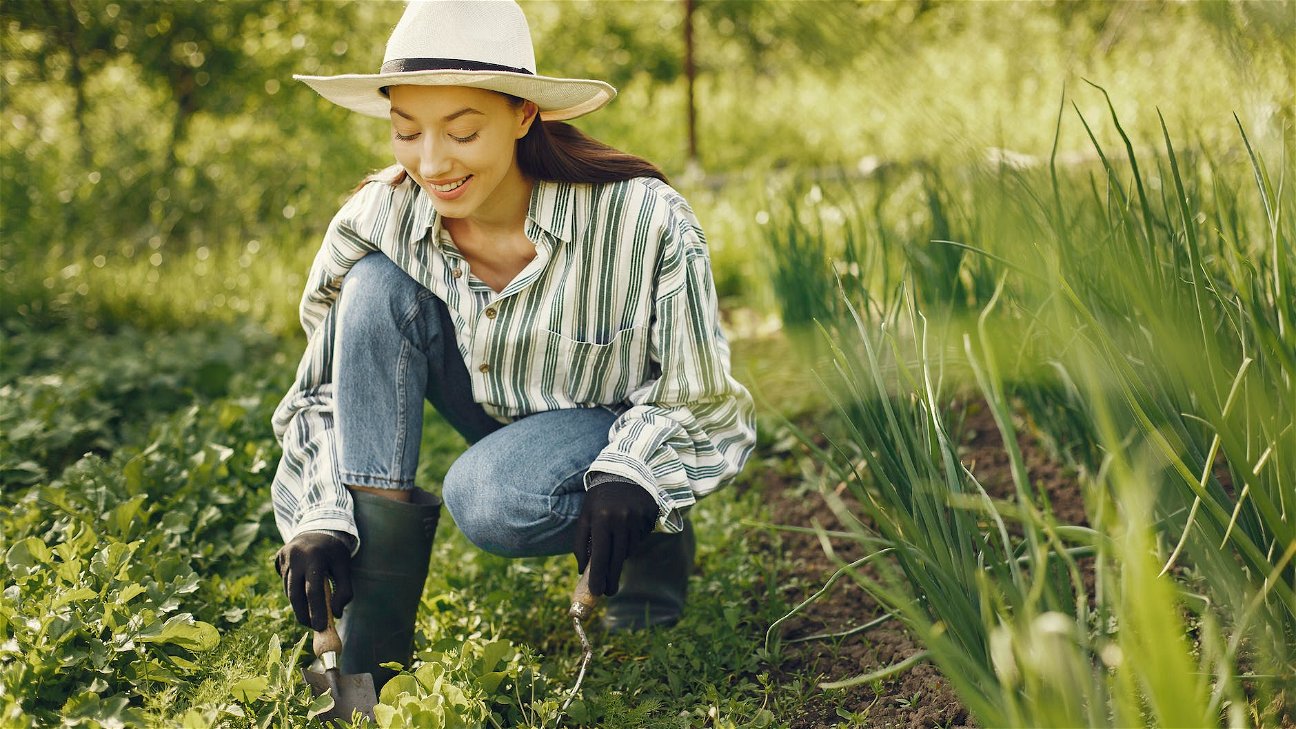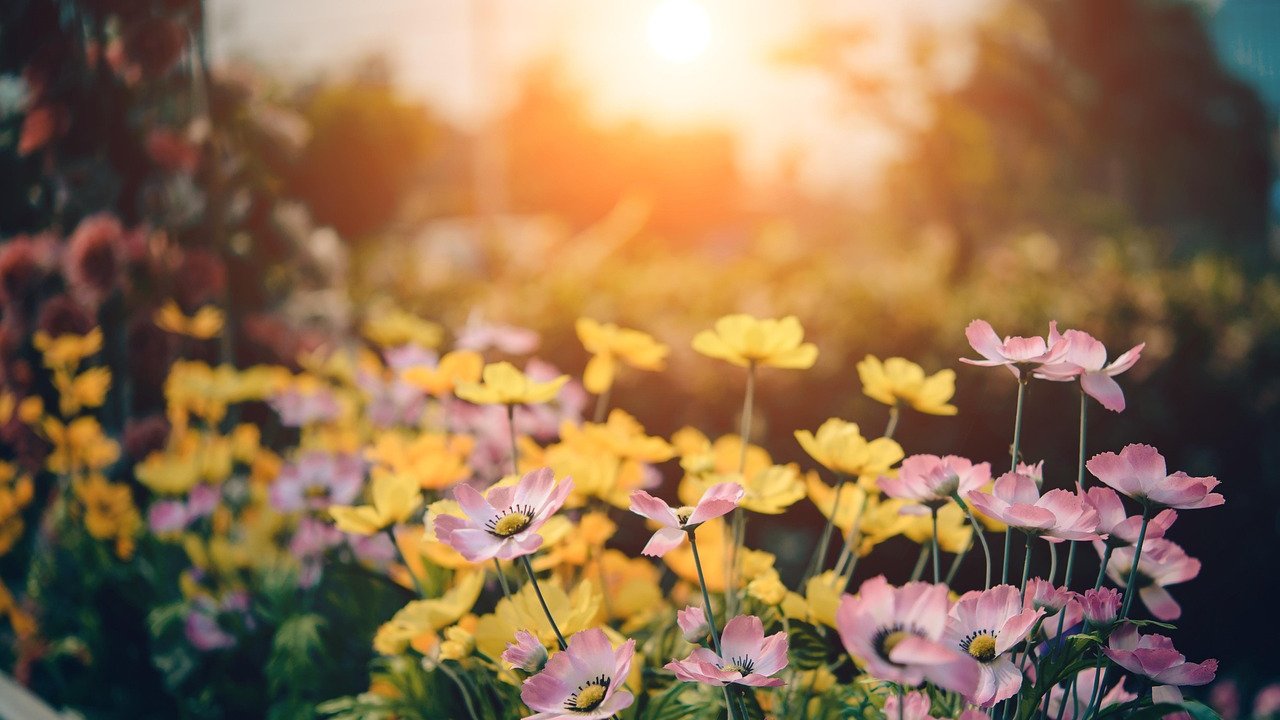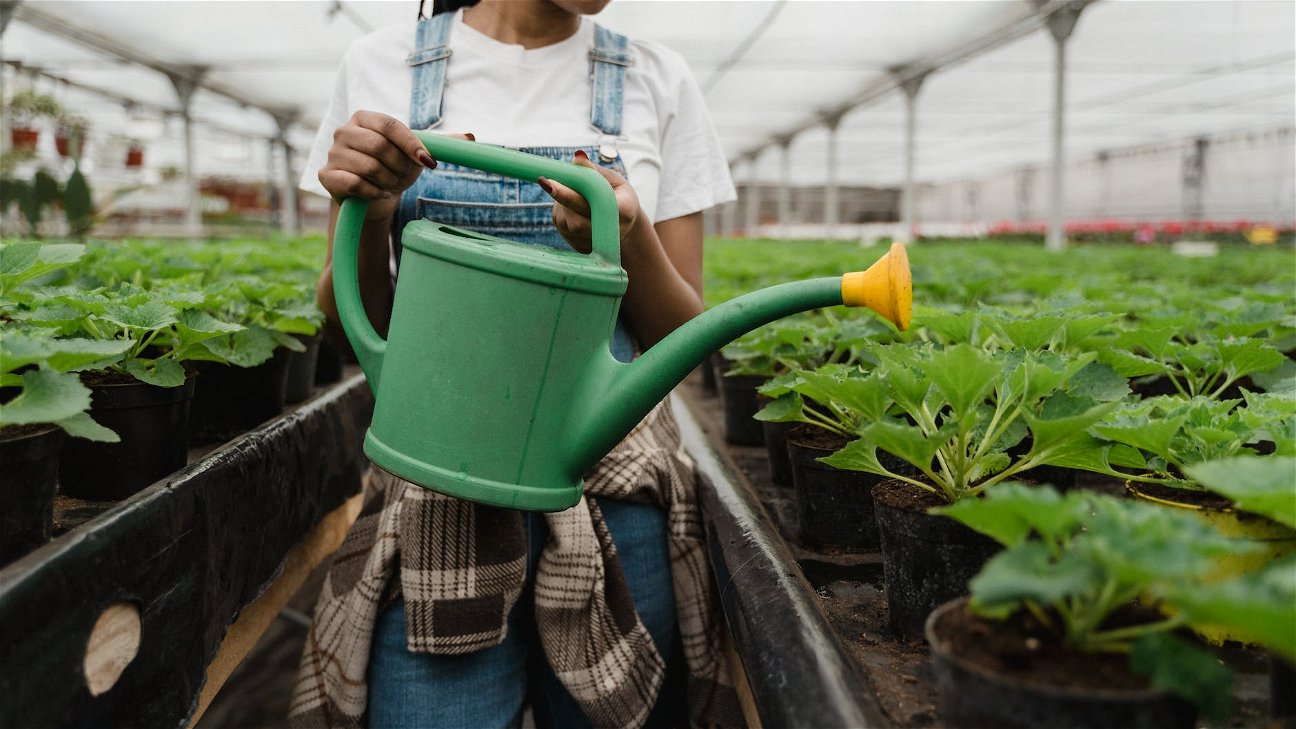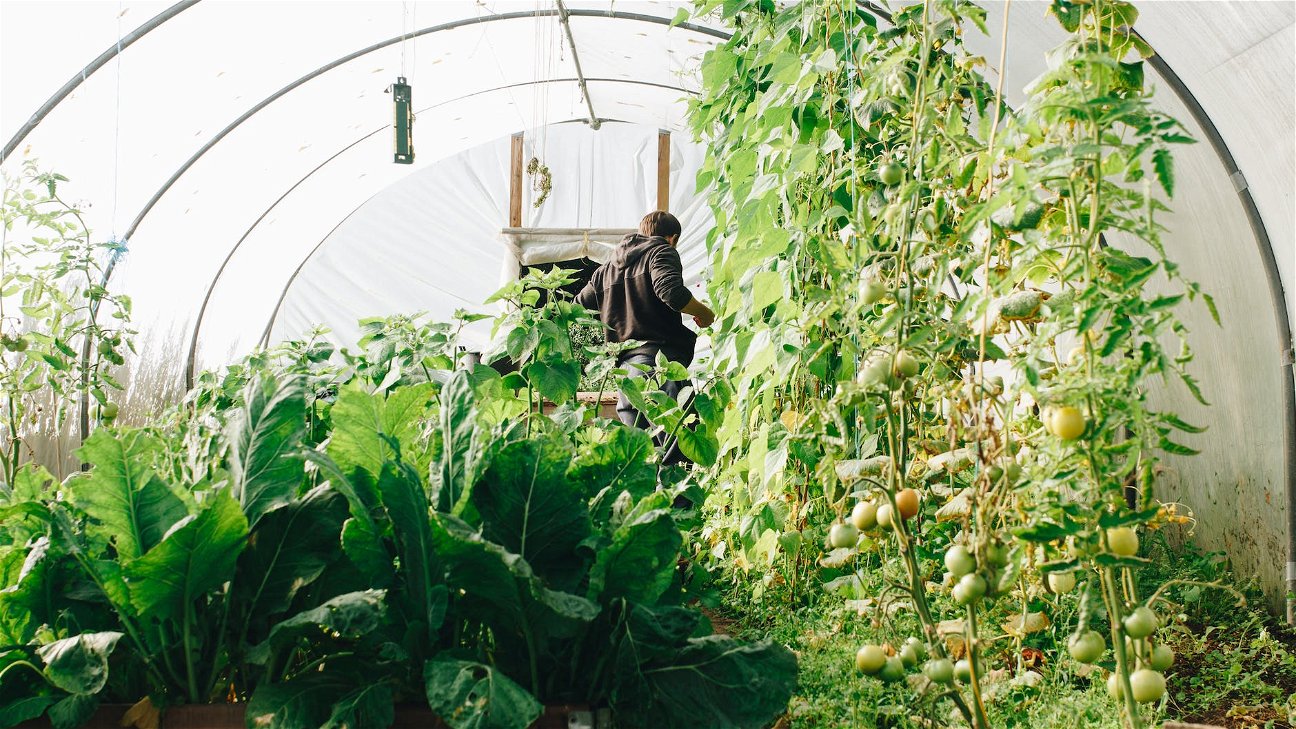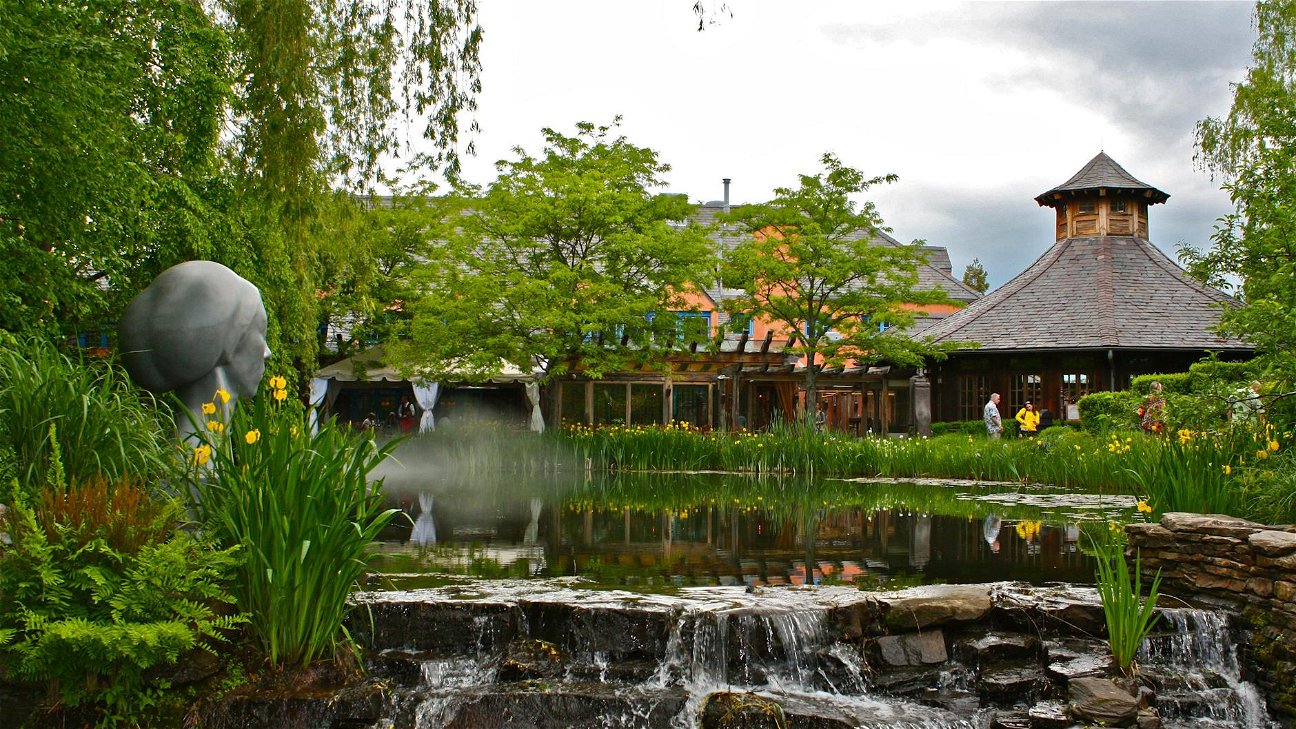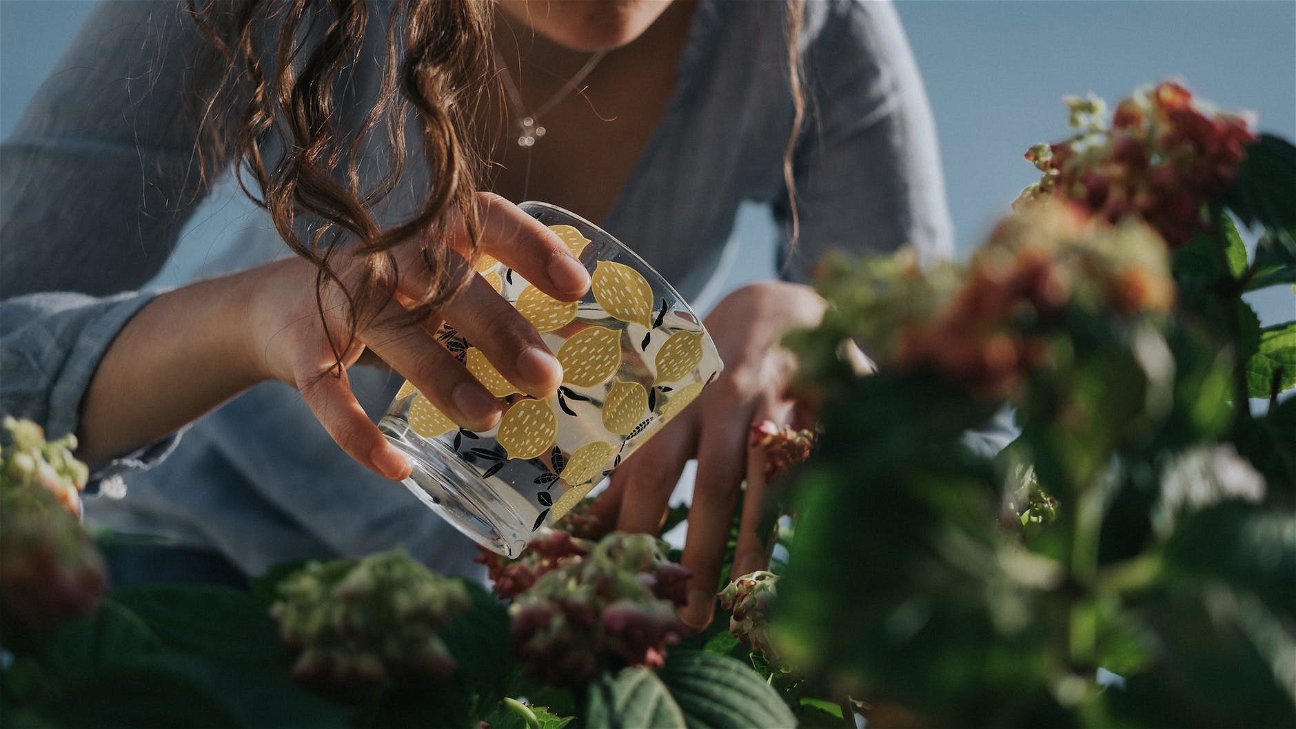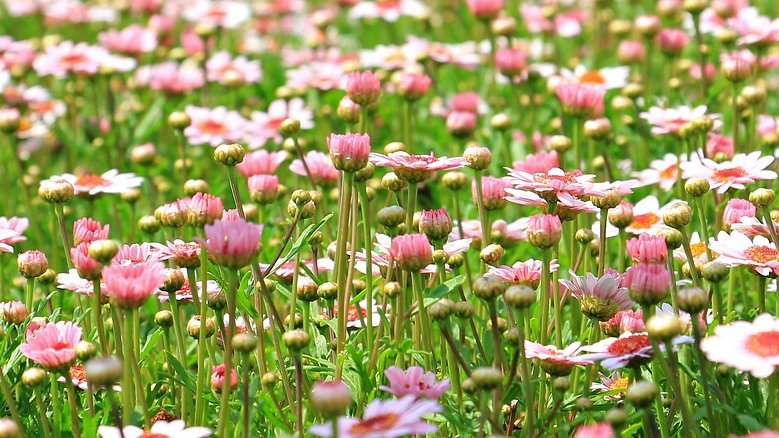
Soil is often overlooked, but it's the heart of every garden. It's a living, breathing ecosystem essential for nurturing plants. Whether you're a novice gardener or a seasoned expert, understanding and taking care of your garden's soil is crucial for plant health and vitality.
Importance of Soil in Gardening
Soil serves numerous functions in the garden. It's not just dirt that holds the plants upright. Here are the key roles soil plays:
-
Anchor for Plant Roots: Soil serves as an anchor for plant roots, offering much-needed stability.
-
Nutrient Supply: It supplies essential nutrients that plants need to grow and thrive.
-
Water Storage: Soil stores water that plants can draw upon, especially during dry periods.
-
Air Supply: It provides the air (oxygen) that plant roots need to breathe.
Understanding Your Soil Type
There are three primary types of soil: sand, silt, and clay. Most gardens have a combination of these, known as loam. Understanding your soil type can guide you on how to improve its structure and fertility.
Nurturing Garden Soil
Here are some steps to take to nurture your garden soil:
Test the Soil
Start by testing your soil. A soil test will reveal the pH level and nutrient content, allowing you to make necessary amendments.
Add Organic Matter
Organic matter improves soil structure, water-holding capacity, and nutrient availability. Compost, well-rotted manure, leaf mold, and green manure crops are excellent sources of organic matter.
Maintain the Right pH Level
Plants prefer slightly acidic to neutral soil (pH 6-7). Use lime to raise the pH level (make it less acidic) or sulfur to lower it (make it more acidic) based on your soil test results.
Use Mulch for Soil Protection
Mulch protects the soil from erosion, retains moisture, suppresses weeds, and adds organic matter as it breaks down.
Practice Crop Rotation and Companion Planting
Rotating crops and planting compatible plants together prevent the buildup of pests and diseases and promote nutrient balance.
Troubleshooting Common Soil Problems
Despite your best efforts, you may face soil problems. Here are some common issues and their solutions:
-
Poor Drainage: If water pools on the surface for too long, consider adding organic matter or sand to improve drainage or create raised beds.
-
Low Nutrient Levels: If plants are struggling despite regular watering, your soil may lack nutrients. Consider adding a balanced organic fertilizer or compost.
-
Soil Compaction: Hard, compacted soil inhibits root growth. Regularly loosening the soil (aeration) and adding organic matter can solve this issue.
Remember, nurturing garden soil is a continuous process, not a one-time event. It takes time and patience, but the payoff is worth it: healthy, vibrant plants that add beauty to your garden.

